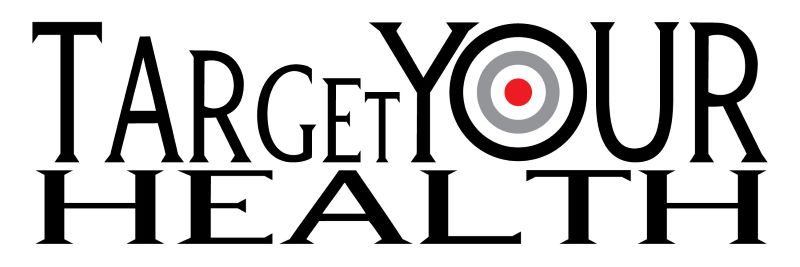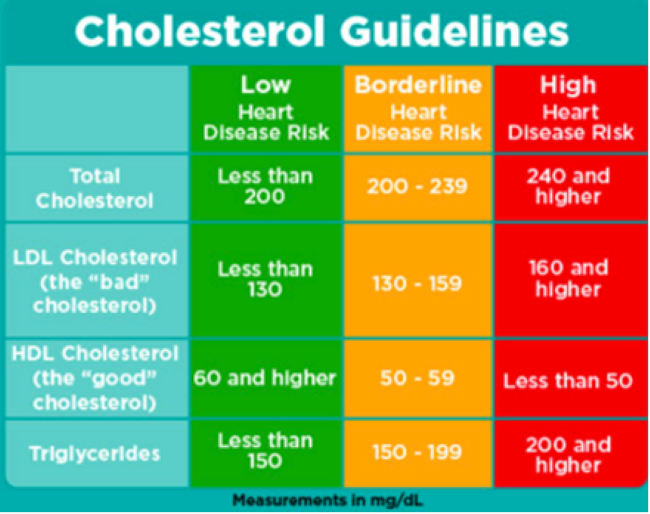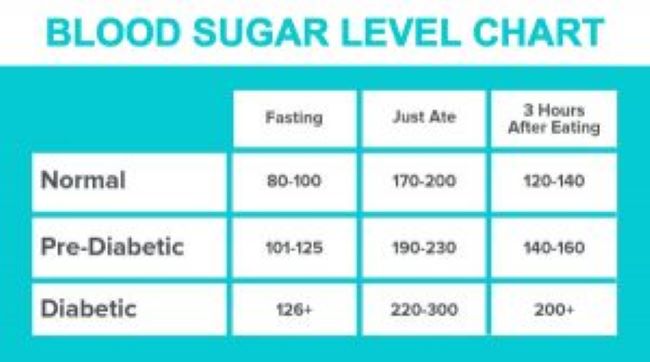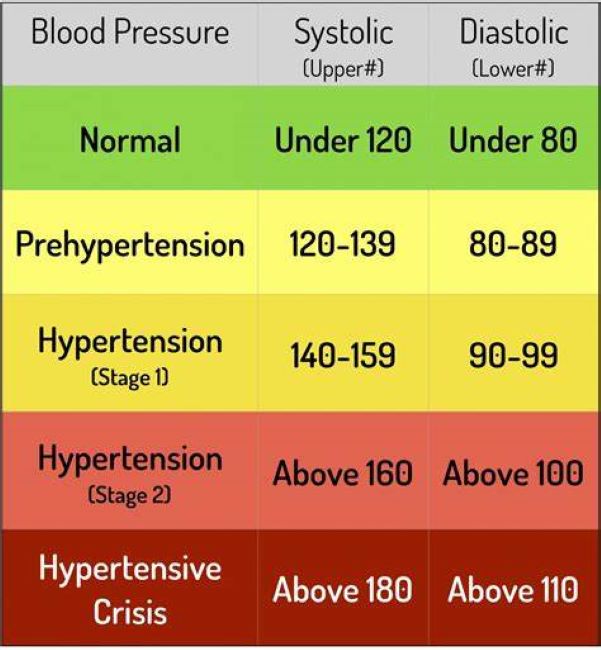
Wellness Screenings
Protecting and improving your health and wellbeing is our #1 priority at Southwest Nebraska Public Health Department. We offer Wellness Screenings to all businesses (onsite) and communities (health fairs) through Cholestec Screenings. This screening is done with a simple finger prick.
A Cholestec Screening is a quick, simple, and affordable point-of-care testing system for measuring cholesterol, related lipids, and blood sugars. It provides information for immediate risk assessment and preventive monitoring for heart disease and diabetes.
Approximately 5 minutes after the test is completed, you will be given your results and educational materials.
It's simple:
- Fast 12 hours before testing
- Quick and easy screening process
- Same day results and education

Why Check Your Cholesterol?
Cholesterol is a waxy substance found throughout the body and is not "bad" unless you have too much of it. The body uses cholesterol to help build cells, make vitamins, and make other hormones. However, when there is too much cholesterol, it can begin to build up on the inner walls of the arteries that feed the brain and heart. The buildup can lead to heart disease and stroke.
*Thirty-seven percent of adults in southwest Nebraska have been diagnosed with high cholesterol compared to all of Nebraska at 31.5%. High cholesterol is one of the major controllable risk factors for heart disease, heart attack and stroke. Heart disease remains the leading cause of death in Nebraska.
When it comes to cholesterol, remember:
- Check your cholesterol levels. It's key to know your numbers and your risk because high cholesterol has no symptoms.
- Change your diet and lifestyle to help improve your levels if they are high. If you smoke, quit. Get more physical activity.
- Control your cholesterol with help from your health care professional if needed.

Why Check Your Blood Glucose?
Glucose (sugar) is your body's main source of energy. It mainly comes from carbohydrates in the food and drinks you consume. Your blood carries the sugar to all the body's cells to use for energy. It is possible to have sugar levels that are too high (hyperglycemia) or too low (hypoglycemia). High levels of sugar in your blood usually means diabetes. In 2016, almost 1 in 11 Nebraska adults were diagnosed with diabetes. Only 6% of Nebraskan adults are aware of having prediabetes (elevated sugar levels, but not high enough to be called diabetes.) *About 10.9% of southwest Nebraskan's have been diagnosed with diabetes compared to 9.7% across the entire state.
Diabetes can cause many different health problems. It greatly increases the risk of many heart problems including heart disease, stroke, and heart attack. Diabetes can also cause nerve damage resulting in tingling, numbness, burning or pain in the toes and fingers.
Your kidneys, eyes, skin, mouth, and hearing can all be affected by long-term, uncontrolled blood sugar levels. It is important to monitor your blood glucose levels, especially if you have symptoms of high blood sugar such as:
- Feeling very thirsty
- Frequent urination
- Lack of energy
- Feeling very hungry
- Unexplained weight loss
- Blurred vision
- Slow healing of cuts and sores

Why Check Your Blood Pressure?
Blood pressure checks are important for your heart health. About 1 in 4 Nebraskans have been told they have high blood pressure (hypertension) and *1 in 3 adults in southwest Nebraska have high blood pressure. High blood pressure increases the risk for heart attack and stroke. Because the negative effects of having high blood pressure are so serious, detection, treatment and control are important.
A normal blood pressure reading is 120/80. Generally, the lower the number the better; however, if your blood pressure is too low that is a cause for concern and should be discussed with your doctor. There are stages of high blood pressure once you go above the normal range as seen in the image below. No matter what stage you might be in, it is important to keep on top of your blood pressure by checking it regularly.
SWNPHD offers free blood pressure screenings during normal business hours by appointment or walk-in.

Workplace Wellness
The Nebraska Worksite Wellness Toolkit is an easy-to-use guide for organizations to follow to effectively develop a comprehensive worksite wellness program. Learn more.
The Center for Disease Controls National Healthy Worksite Program includes an overview to worksite wellness, trainings, a toolkit and resources to develop a worksite wellness program. Learn more.
If you would like more information or to schedule an appointment, please give us a call at 308-345-4223.
